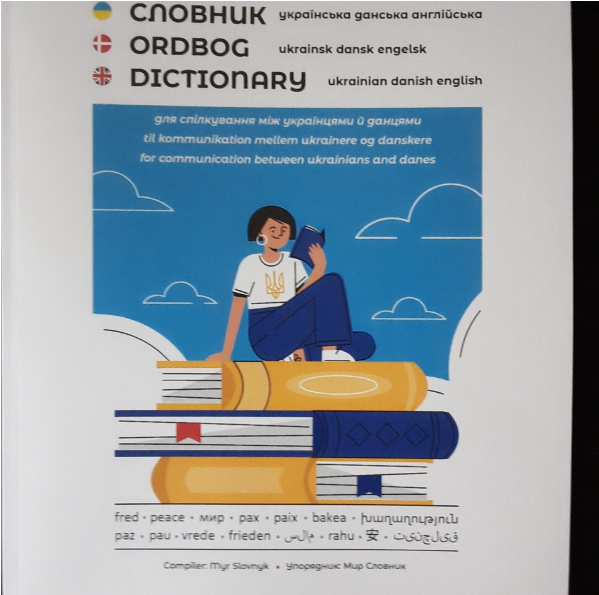A new book about the history of English
More than 50 years ago, Barbara Strang published her highly innovative book A History of English (1970, Methuen £2.25) which, daringly, began its chronological treatment of the English language in the (then) present-day, with “Changes in living memory” (Strang was born in 1925), and then worked its way backwards. The first chapter in the chronological sequence was devoted to “1970-1770”, and the final chapter covered the period “Before 370”.
The obvious advantage of this strategy is that you can start readers off in a place they are familiar with, and then take them on a journey to increasingly remote and less familiar periods of time. Strang’s way of dealing with this material was an intriguing and attractive one, and in … ↪







